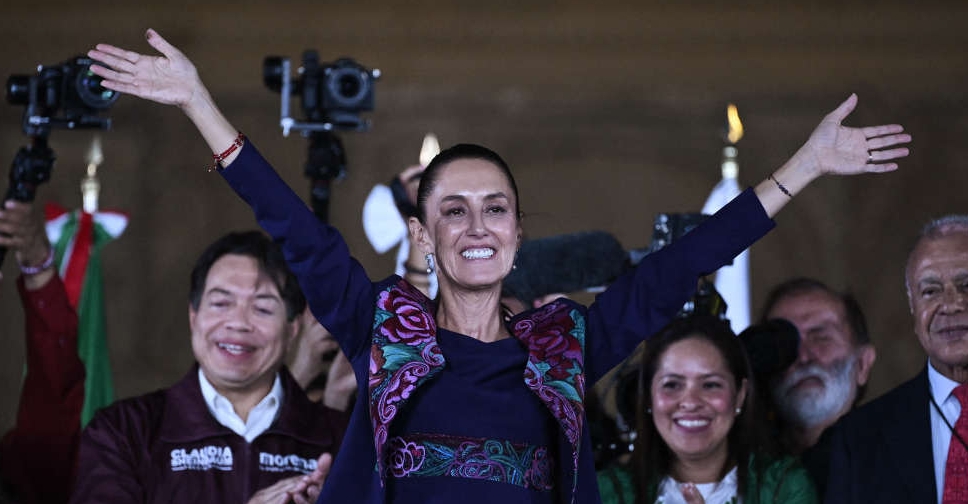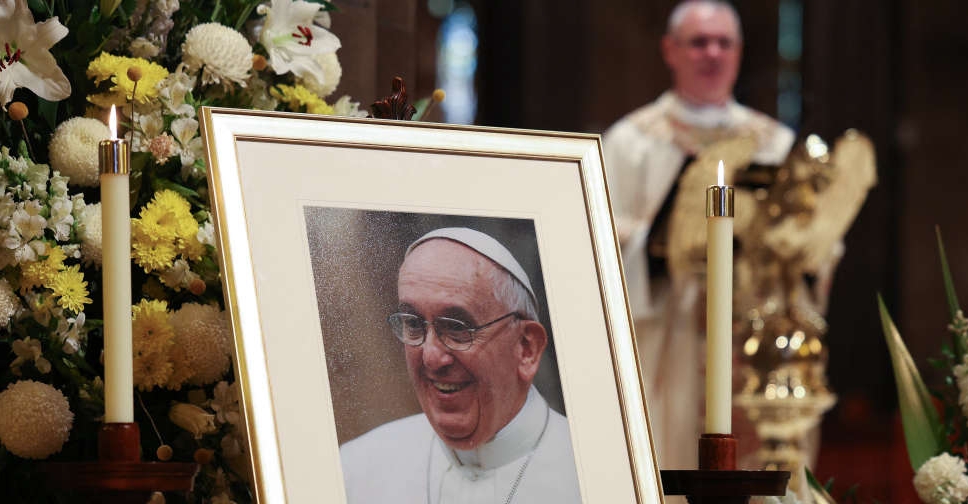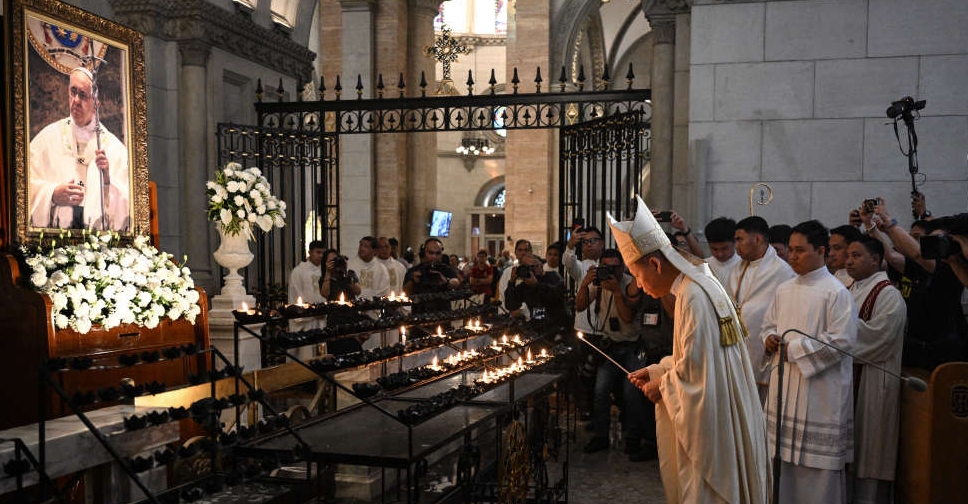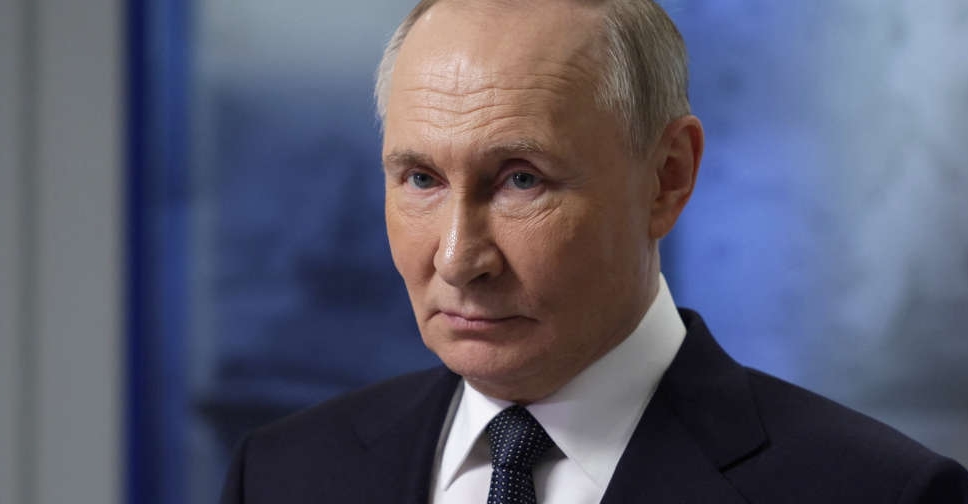
Claudia Sheinbaum has won a landslide victory to become Mexico's first female president, inheriting the project of her mentor and outgoing leader Andres Manuel Lopez Obrador whose popularity among the poor helped drive her triumph.
Sheinbaum, a climate scientist and former mayor of Mexico City, won the presidency with between 58.3 per cent and 60.7 per cent of the vote, according to a rapid sample count by Mexico's electoral authority, set to be the highest vote percentage in Mexico's democratic history.
The ruling coalition was also on track for a possible two-thirds super majority in both houses of Congress, which would allow the coalition to pass constitutional reforms without opposition support, according to the range of results given by the electoral authority.
Opposition candidate Xochitl Galvez conceded defeat after preliminary results showed her taking between 26.6 per cent and 28.6 per cent of the vote.
"For the first time in the 200 years of the republic I will become the first woman president of Mexico," Sheinbaum told supporters to loud cheers of "president, president".
Victory for Sheinbaum is a major step for Mexico, a country known for its macho culture and home to the world's second biggest Roman Catholic population, which for years pushed more traditional values and roles for women.
Sheinbaum is the first woman to win a general election in the United States, Mexico or Canada.
Sheinbaum has a complicated path ahead. She must balance promises to increase popular welfare policies while inheriting a hefty budget deficit and low economic growth.
After preliminary results were announced, she told supporters her government would be fiscally responsible and respect the autonomy of the central bank.
She has vowed to improve security but has given few details and the election, the most violent in Mexico's modern history with 38 candidates murdered, has reinforced massive security problems. Many analysts say organised crime groups expanded and deepened their influence during Lopez Obrador's term.
Sunday's vote was also marred by the killing of two people at polling stations in Puebla state. More people have been killed - over 185,000 - during the mandate of Lopez Obrador than during any other administration in Mexico's modern history, although the homicide rate has been inching down.
"Unless she commits to making a game-changing level of investment in improving policing and reducing impunity, Sheinbaum will likely struggle to achieve a significant improvement in overall levels of security," said Nathaniel Parish Flannery, an independent Latin America political risk analyst.
Also among the new president's challenges will be tense negotiations with the United States over the huge flows of US-bound migrants crossing Mexico and security cooperation over drug trafficking at a time when the US fentanyl epidemic rages.
Mexican officials expect these negotiations to be more difficult if the US presidency is won by Donald Trump in November. Trump has vowed to impose 100 per cent tariffs on Chinese cars made in Mexico and said he would mobilise special forces to fight the cartels.
At home, the next president will be tasked with addressing electricity and water shortages and luring manufacturers to relocate as part of the nearshoring trend, in which companies move supply chains closer to their main markets.
Sheinbaum will also have to wrestle with what to do with Pemex, the state oil giant that has seen production decline for two decades and is drowning in debt.

 Multiple casualties in militant attack in Indian Kashmir
Multiple casualties in militant attack in Indian Kashmir
 Pope Francis' funeral to be held on Saturday, Vatican says
Pope Francis' funeral to be held on Saturday, Vatican says
 Cardinals meet after death of Pope Francis, plan for funeral
Cardinals meet after death of Pope Francis, plan for funeral
 'A true father to us': Filipinos mourn Pope Francis
'A true father to us': Filipinos mourn Pope Francis
 Putin says he is open to direct peace talks with Ukraine
Putin says he is open to direct peace talks with Ukraine




